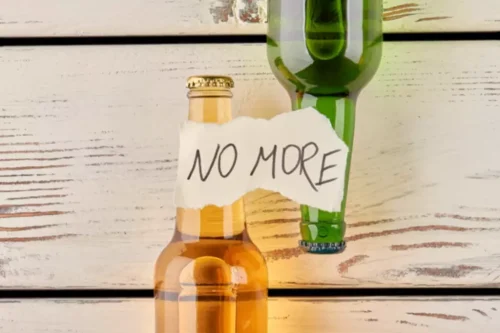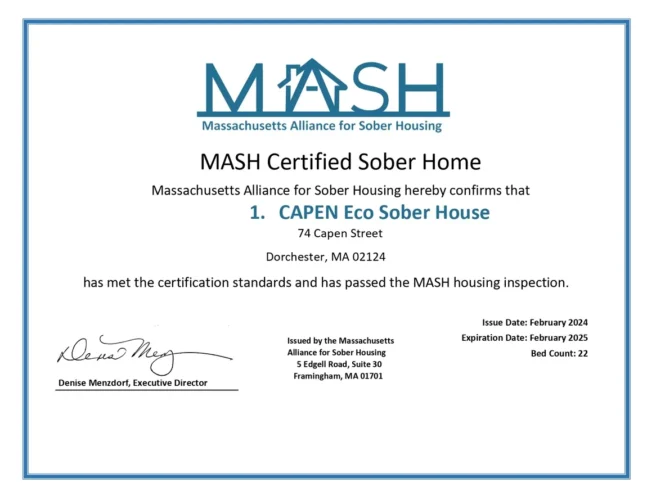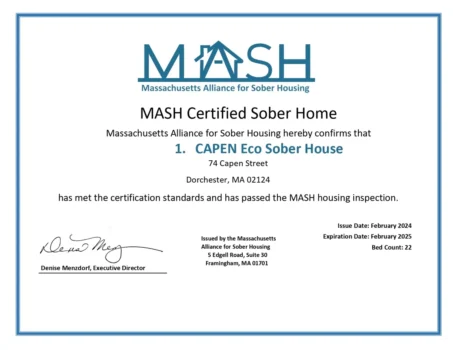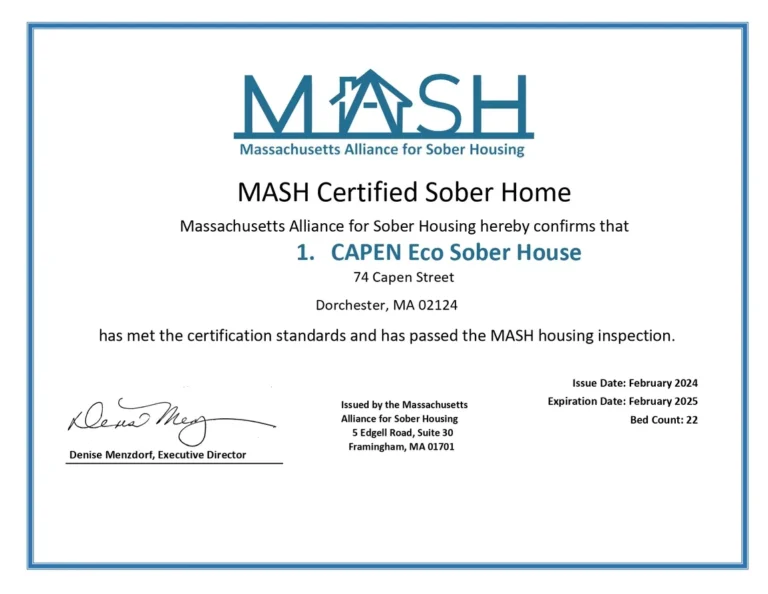
Increased tolerance can lead to a cycle of escalating alcohol consumption. These physical sensations closely resemble panic attack symptoms, potentially setting off an anxiety spiral. Severe withdrawal can cause hallucinations or seizures in some cases. Heavy drinking may cause memory blackouts and cognitive impairment. Long-term use can result in permanent changes to brain structure and function.
Evidence-based Treatments
AUD can range from mild to severe, impacting personal relationships, work, and overall quality of life. Mental health is at the core of our well-being, yet it’s often misunderstood or overlooked. In a world where stress, anxiety, and mental illness affect millions, words have the power to comfort, inspire, and connect us. If you’re wondering whether ‘staying dry’ and avoiding alcohol will make a difference to how you feel, then take note from what is alcoholism research by London’s Royal Free Hospital.
Who can prescribe medication?

Your brain relies heavily on proper hydration to function optimally. When you’re dehydrated, the brain may not receive enough water to maintain its normal functions. This can affect neurotransmitter production and balance, including serotonin, which plays a crucial role in regulating mood.

What To Do If You Experience Panic Attacks From Alcohol
This substance acts as a depressant, slowing down the central nervous system and making you feel less inhibited in a variety of settings. According to the National Institute of Mental Health, it is estimated that approximately 2.7% of adults in the United States suffer from panic disorder. Although there is no evident source for anxiety, these symptoms are interpreted by the brain as stress and worry due to biofeedback.

- Society would have us believe that there’s no better way to unwind after a long day than by drinking a glass of wine, cold beer, or sipping your go-to liquor.
- Engaging in deep breathing exercises or guided meditations helps ground oneself in the present moment rather than focusing on future worries about interactions or outcomes.
- These changes can affect emotional regulation and impulse control.
- Let’s explore the key information you should know about dealing with an alcohol-induced panic attack.
- However, if there is a chance that you are physically or psychologically addicted to alcohol then you should not attempt to stop drinking without professional support.
Sleeping at least eight hours every night gives your brain a much-needed break. A consistently good sleep schedule can help to regulate your brain chemistry. Following your last drink, you can typically expect the first signs of withdrawal to appear within six to 24 hours. The result is dampened brain activity, which can give you short-term relief from the symptoms of your mental https://ecosoberhouse.com/ illness. Your situation may seem hopeless at first when suffering from an alcohol-induced panic attack.
- Anxiety can become a health problem if it affects your ability to live your life as fully as you want to.
- Alcohol-induced anxiety is the uncomfortable feeling that can happen after drinking heavy amounts of alcohol.
- A treatment center will attempt to verify your health insurance benefits and/or necessary authorizations on your behalf.
Associations Between Alcohol and Panic Attacks
In my own life, I’ve found that sticking to predetermined limits helps me enjoy social gatherings without spiraling into anxious thoughts later on. People who are prone to anxiety are especially sensitive to the effects of insufficient sleep. What I didn’t know at the time was the extent to which my drinking was triggering all of it.
Possible Causes Of Panic Attacks
I often take time before going out to engage alcohol induced panic attack in simple breathing exercises; this practice calms my nerves significantly. My chest would feel tight and no amount of deep breathing could settle me down. Euphoria is not your brain’s natural state, so it’s going to try to readjust. It is intense nervousness and discomfort that can affect your ability to function correctly and cause you to ignore your obligations and responsibilities. Hence, the start of a long and complex cycle; the two trigger each other.

